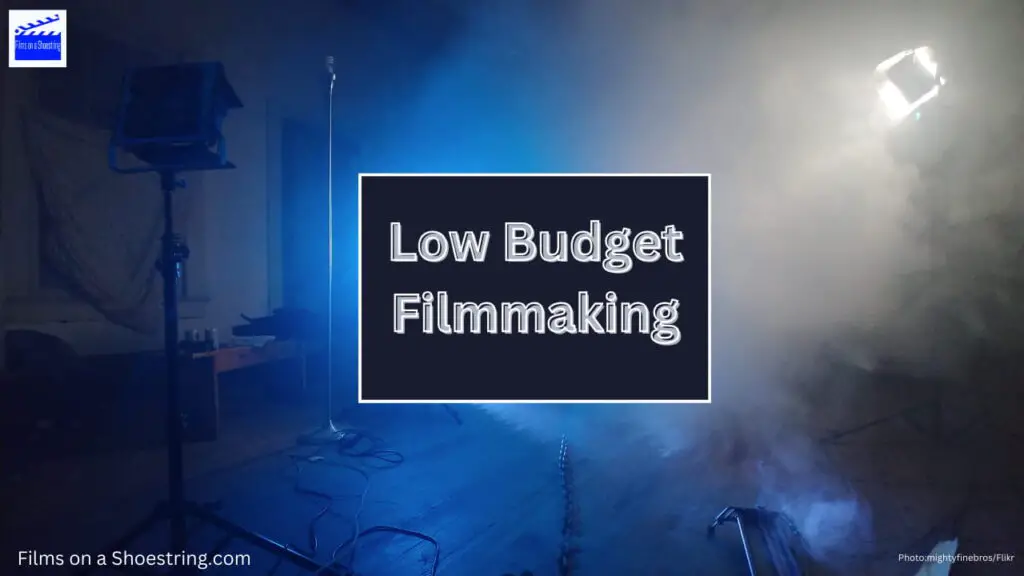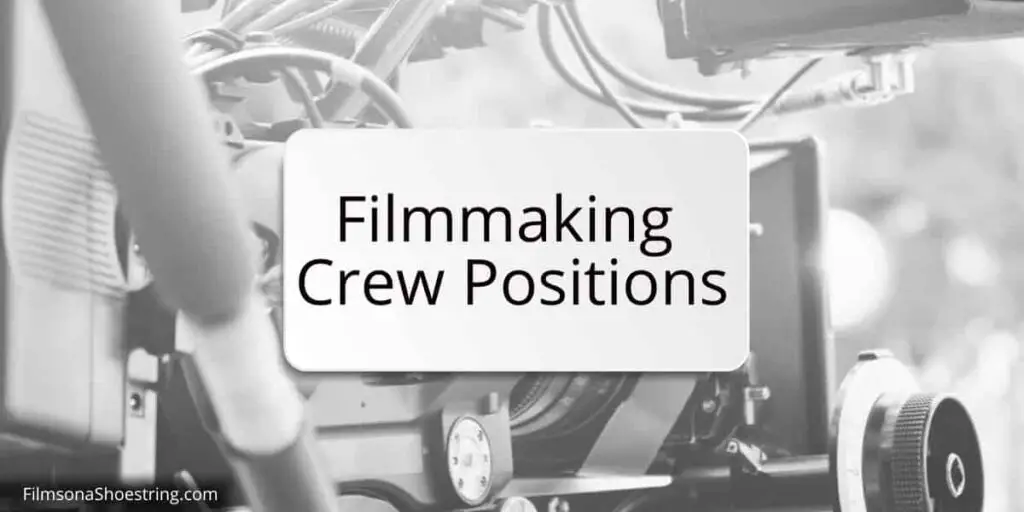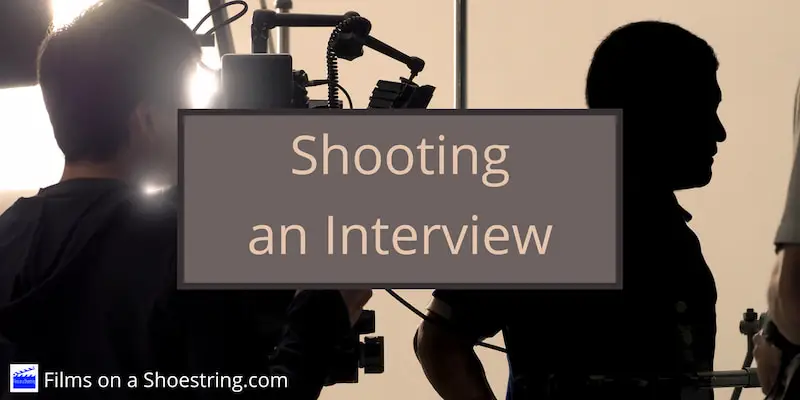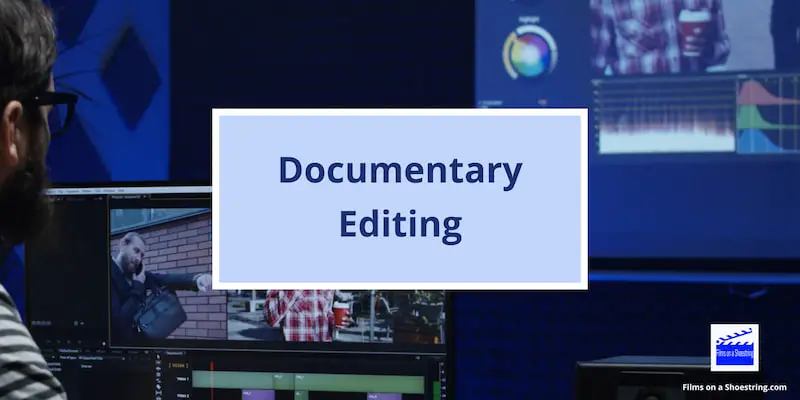Discover what a DoP in film is, and why they are the second most important person on set after the Director.
What is a DoP in film?
DOP or DP stands for Director of Photography, who is the Cinematographer. They are the one who plans and controls all aspects of the cinematography. As the DOP, they work closely with the film director to determine how they want to shoot each scene. They’ll plan the use of lighting, filters, or lenses to achieve their vision.
The DOP is vital in achieving a successful outcome for any film project, because they are the one who translates the director’s choice of atmosphere for each scene into reality. The lighting and camera shots needed for a horror film are very different to those needed for a romantic comedy, for example, and this has to be planned in advance of the shoot.
The DoP is almost at the top of the film set hierarchy, working closely with the director and producer. They hire the key people in the camera, lighting and grip teams and set their targets, with reference to the storyboard, shot list and schedules which they’ve worked on. DoPs also liaise closely with the Production Designer to incorporate set, props and costume considerations into the lighting and camera shots.
The gaffer, or Chief Lighting Technician, and the Key Grip, work closely with the DoP during pre-production and principal photography to make sure all the right lighting & rigging people and equipment are ready for every take, and that it all happens within budget.
Does a DoP work behind the camera?
Yes, a DoP spends a lot of the day on set filming the most important shots, aided by a focus puller who keeps the camera focus correct according to the camera’s distance to the actors being filmed. However, you don’t just need a good eye for filming, because it’s also a management and artistic collaborative job in a pressured environment, requiring excellent communication and organisation skills.
The DoP is a filmmaker working hard to transform the Director’s vision into reality, while running a camera department and ensuring the electric and grip teams are working to plan. It’s demanding work, but famous cinematographers show how highly the profession is respected in the entertainment industry. The Academy Award for Best Cinematography is just one of many awards handed out to talented DoPs across the world each year.
How do you become a DoP?
You become a DoP by building years of experience, usually combining work as a camera operator on decently financed projects with experience as a cinematographer on low budget projects. You’ll also need to establish a reputation as a reliable, efficient and capable member of the camera department, and networking should unearth opportunities to work with directors and production companies, so at a later point you can step up into the senior role as Director of Photography.
This is not a job that requires A-Levels or degrees etc, even though it’s a senior role and can make the lucky few wealthy and even famous.
A film degree or film school may help get the experience of working on your own short films to pick up the core skills of photography, understanding camera movement, camera angles, and camera equipment settings, experimenting with camera lens settings, shooting actors on green screen, and adding visual effects effectively to a moving image. It’s a safe space to learn the rookie errors of camera work which blight any film takes or become blatantly obvious in post-production.
However, you can pick these skills up by working with local filmmakers on their microbudget projects, or creating your own short films, and teach yourself a range of camera skills to see if you have a good eye for the right shot and lighting effects.
What’s important, no matter your level of education about filmmaking, is to get work experience on the set of a feature film or larger productions for television shows, in the camera department.
Then work up through camera crew jobs from clapper loader or camera trainee, with the aim of becoming a camera operator. Take any great opportunity you can get to act as cinematographer, so you have film stock to show prospective employers. If you’re any good, directors will keep hiring you and recommend you to others.
The film industry is hierarchical, and the DoP in film is one of the most senior roles, so you need to be something very special to become the cinematographer on a smaller film, and extraordinary to be DoP on top Hollywood films with huge budgets.





